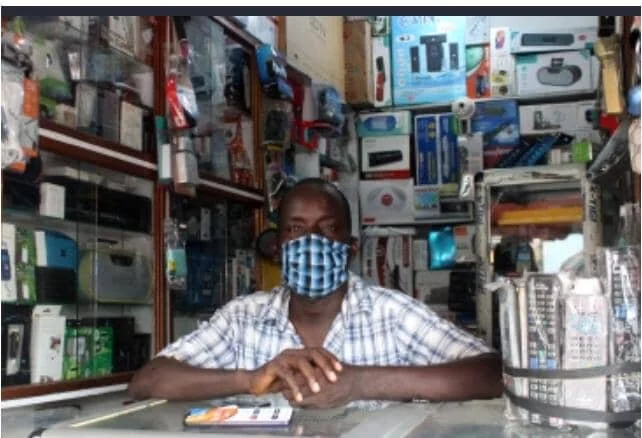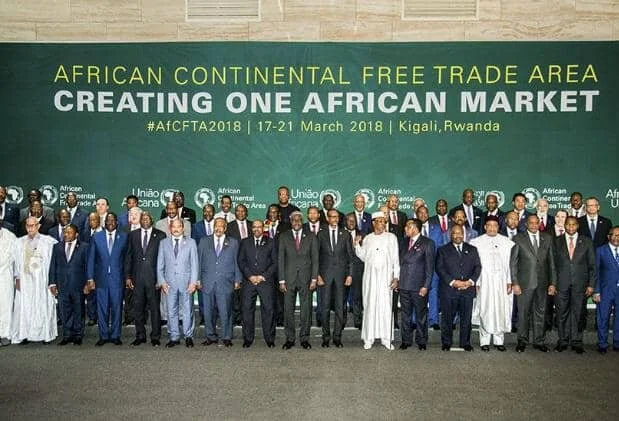Africa, with its vast agricultural resources and untapped potential, holds the key to overcoming food security challenges and achieving self-sufficiency. The continent possesses an immense capacity to feed itself and even become a major player in global food markets. However, the continent has long been dependent on external markets for its food needs. Africa spends approximately $50 billion annually on food imports. This heavy reliance on imports creates a sense of vulnerability and dependency that hinders Africa’s progress towards self-sufficiency and economic prosperity.
SDG Knowledge Hub Data And Review On Their Top Read Stories
At this time of year, SDG Knowledge Hub decided to look back at their most-read stories for 2021. This look back reminded them of how far they had come and helped to set their agenda for the following year. As in past years, global assessments and data stories topped the list of the ten most-read stories on the SDG Knowledge Hub. The most-read news story was a review of the findings in the annual World Population Data Sheet from the Population Reference Bureau. This year, they highlighted the 2021 Population Data Sheet Highlighted Declining Fertility Rates.
The Youth Cafés Report Of The 7th Eu-Africa Business Forum 2022.
The 7th EU-Africa Business Forum (EABF22) took place online from 14th to 18th February 2022 and in a hybrid format on the 16th and 17th of February 2022, at The Square, in Brussels (Belgium). The Forum was jointly promoted and sponsored by the European Commission and the African Union Commission and organized in partnership with the Pan-African business organizations Africa Business Council, Pan African Chamber of Commerce and Industry, AfroChampions, Business Africa, and the PanEuropean business organizations Business Europe, European Business Council for Africa and the Mediterranean, Eurochambres and European Entrepreneurs CEA-PME.
Unlocking Finance To Build Forward Better From The Covid-19 Crisis & Accelerate Delivery Of Sustainable Development.
The African government's economic crisis over the Covid-19 Pandemic equals (1 to 7)% of their GDP, contributed by African Governments deploying fewer funds and measures for high-quality recovery. At The Youth Café, we believe that there is a need for financial education. This will increase unlocking finance to build forward better from COVID-19 and accelerate delivery on Sustainable Development as intended: To identify effective measures to address the overarching challenge of mobilizing adequate and sustainable finance to invest in sustainable recovery from the COVID-19 crisis and accelerate the implementation of the 2030 Agenda and Agenda 2063. To identify and articulate the financing needs and provide high-level insights on opportunities to mobilize finance, focusing on the role of the Liquidity and Sustainability Facility designed and launched by ECA and partners.
AfCFTA: How Intellectual Property Laws Can Help Create Jobs
The Agreement establishing the African Continental Free Trade Area (AfCFTA) is ambitious. Bringing together 55 African Union member states, it will form the world’s largest free trade area by the number of participating countries. The Agreement covers trade in goods and services, investment, intellectual property rights and competition policy. The Phase II negotiations of the agreement hold many opportunities, particularly for Intellectual Property (IP). A strong IP regime across the continent will facilitate the growth of MSMEs and will lead to increased job creation especially for women and the youth.
Africa’s Free Trade Area Opens For Business
The formal start of trading was given the official go-ahead at an extraordinary meeting in December 2020 where AU member states called on “women, youth, businesses, trade unions, civil society, cross border traders, the academia, the African Diaspora and other stakeholders to join them as governments in this historic endeavor of creating the “Africa We Want” in line with the Agenda 2063.







